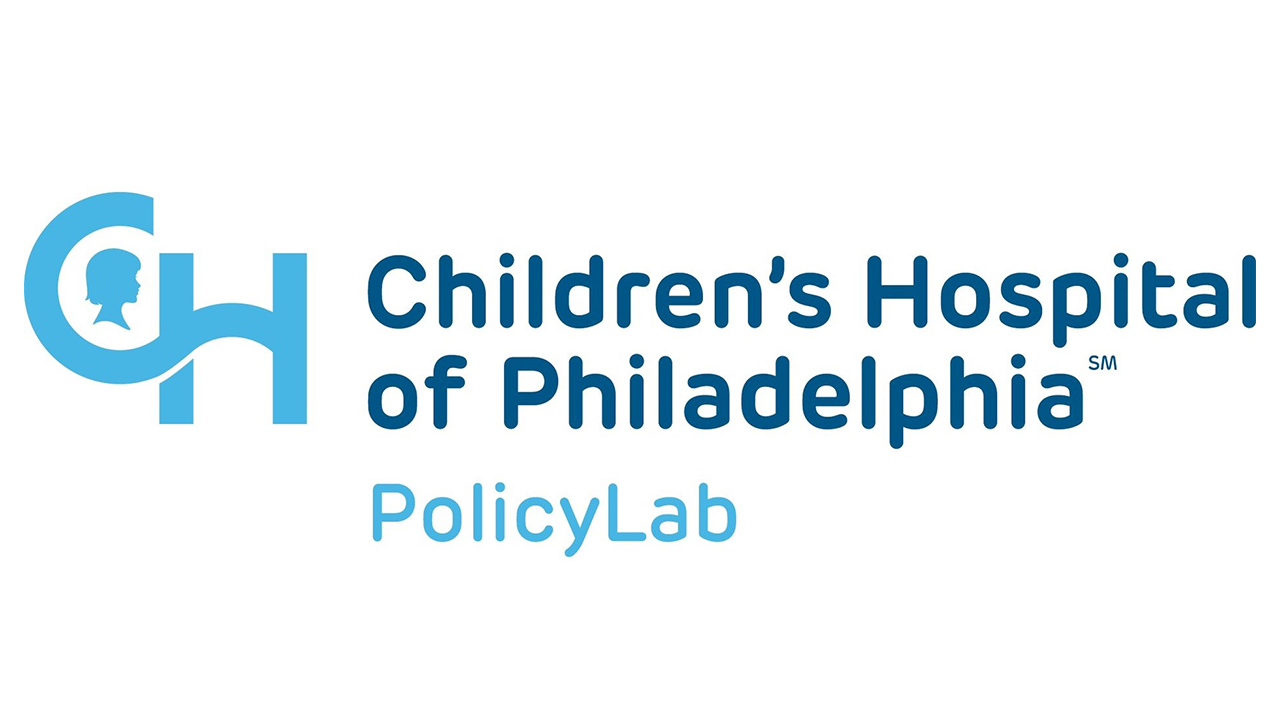In the largest-ever study to measure the impact of population health strategies and tools on hospital outcomes among Medicaid-enrolled children, a team at Children's Hospital of Philadelphia (CHOP) found targeted interventions can deliver better patient experience, improved health outcomes and value to the Medicaid system. The study, published in JAMA Network Open today, showed that among more than 93,000 Medicaid-enrolled children, combining technology solutions with interdisciplinary integrated care teams led to 50 fewer hospital admissions each month and 3,600 fewer bed days for these youth in a year.
The CHOP intervention, implemented over two years, sought to identify high-risk, Medicaid-enrolled children with special health care needs and provide solutions that would keep them out of the hospital or reduce their stays if they were admitted. A set of reporting tools in patients' electronic medical record notified clinicians and staff if their patients visited the emergency department or were admitted into the hospital. Then, an integrated care team would connect with these families to help them schedule and prepare for follow-up appointments, assist with locating needed services and answer questions they had about their care. These clinical teams also utilized technological tools to improve coordination and communication between them.
"As health care systems grow larger, integrated care teams and technology that supports those teams are going to be critically important to ensure we're helping families navigate ever more complex institutions, whether adult or pediatric in nature," said Dr. David Rubin, director of Population Health Innovation and PolicyLab at CHOP and lead author on the study. "Fundamentally, what we are talking about is identifying those patients who need the most proactive care, surrounding them with an expert team—from physicians, to nurses, to social workers, to navigators—and then equipping that team with supportive technology. In doing that, we saw that we can deliver the type of care our patients want while providing value and efficiency throughout the whole health care system."
The researchers designed the integrated care teams to meet the needs of medically complex youth who frequented the hospital and might benefit from increased care coordination, as well as frequently hospitalized children and teens with asthma, one of the most common chronic pediatric conditions. These teams—composed of physicians, nurses, social workers and community health workers, who connected with patients in their homes—were more proactive in their engagement with families because they were notified promptly of high-risk events like hospitalizations. For healthy children included in the study, population health reports through the electronic health record in their primary care practice helped ensure timely follow-up from emergency department visits and better compliance with recommended well-child visits and vaccinations. Finally, given that children with multiple prior asthma-related hospitalizations are at highest risk of future asthma-related hospitalizations and emergency department visits, their intervention was customized with a bundle of integrated services. This included personalized bedside education in the hospital, facilitated filling of discharge medications, connection to community health workers/asthma navigators who can facilitate enhanced coordination between inpatient and outpatient care teams, and expedited follow-up with an allergist or pulmonologist.
"Children's Hospital of Philadelphia is committed to delivering the highest-quality care to address the pressing health needs of our most vulnerable children, and this intervention has played a significant role in that mission," said Madeline Bell, President and CEO of Children's Hospital of Philadelphia. "In addition to improving patient care and reducing children's hospital stays, our population health initiative is delivering the type of innovation that can improve the value our nation's Medicaid program, serving as a role model for other health systems that wish to do the same."
The researchers attributed the success of this population-level intervention to their ability to deliver services to families within their existing health care system, investments to develop strong integrated care teams, alignment of clinical and quality improvement methods and a wide variety of electronic health record tools.
"Our evaluation shows that a strong, integrated primary care network can serve as an effective vehicle for better coordinating care among large groups of families," said Dr. Lisa Biggs, associate chief medical officer of the CHOP Care Network and an author on the study. "Having this type of demonstrable impact is important in continuing to build momentum for the care management resources needed to deliver targeted interventions that improve care in all types of medical settings."
CHOP's Population Health Innovation team—including data analysts, electronic health record experts and quality improvement advisors—partners with departments and divisions across the health system and its specialty and primary care providers to implement and sustain population health management solutions that improve patient experience and health outcomes for the populations they serve. CHOP is one of the largest pediatric health systems in the U.S., with more than 500,000 children visiting its facilities each year.

 Integrated care teams and care management tools led to 3,600 fewer bed days in a year
Integrated care teams and care management tools led to 3,600 fewer bed days for Kids in a year
Integrated care teams and care management tools led to 3,600 fewer bed days in a year
Integrated care teams and care management tools led to 3,600 fewer bed days for Kids in a year










.jpeg)

.jpeg)
.jpeg)
.jpeg)


.jpg)


.jpeg)
.jpeg)


.jpeg)
.jpg)




